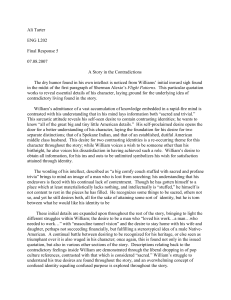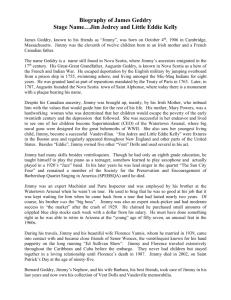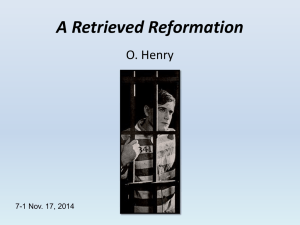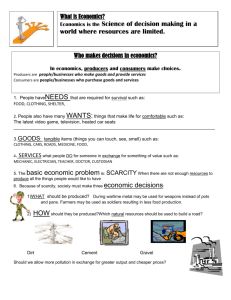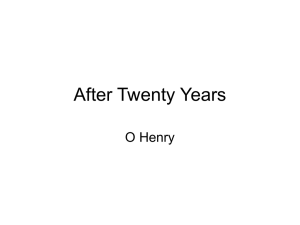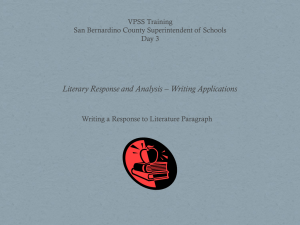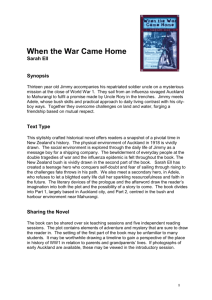jimmy Doolittle - pt 1
advertisement
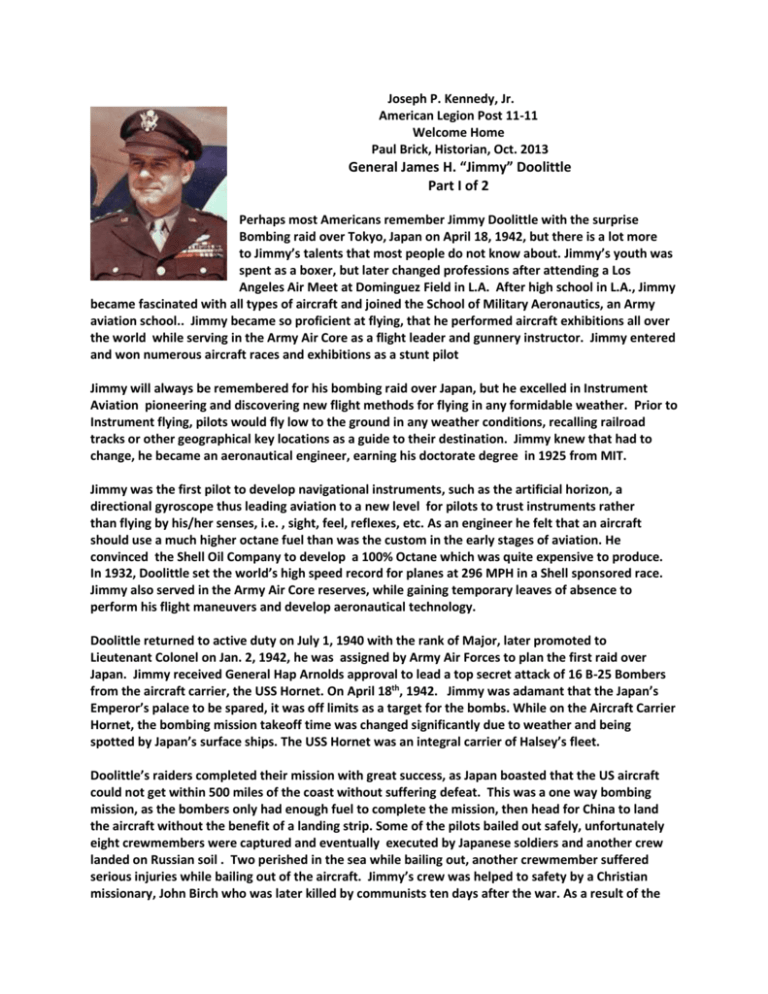
Joseph P. Kennedy, Jr. American Legion Post 11-11 Welcome Home Paul Brick, Historian, Oct. 2013 General James H. “Jimmy” Doolittle Part I of 2 Perhaps most Americans remember Jimmy Doolittle with the surprise Bombing raid over Tokyo, Japan on April 18, 1942, but there is a lot more to Jimmy’s talents that most people do not know about. Jimmy’s youth was spent as a boxer, but later changed professions after attending a Los Angeles Air Meet at Dominguez Field in L.A. After high school in L.A., Jimmy became fascinated with all types of aircraft and joined the School of Military Aeronautics, an Army aviation school.. Jimmy became so proficient at flying, that he performed aircraft exhibitions all over the world while serving in the Army Air Core as a flight leader and gunnery instructor. Jimmy entered and won numerous aircraft races and exhibitions as a stunt pilot Jimmy will always be remembered for his bombing raid over Japan, but he excelled in Instrument Aviation pioneering and discovering new flight methods for flying in any formidable weather. Prior to Instrument flying, pilots would fly low to the ground in any weather conditions, recalling railroad tracks or other geographical key locations as a guide to their destination. Jimmy knew that had to change, he became an aeronautical engineer, earning his doctorate degree in 1925 from MIT. Jimmy was the first pilot to develop navigational instruments, such as the artificial horizon, a directional gyroscope thus leading aviation to a new level for pilots to trust instruments rather than flying by his/her senses, i.e. , sight, feel, reflexes, etc. As an engineer he felt that an aircraft should use a much higher octane fuel than was the custom in the early stages of aviation. He convinced the Shell Oil Company to develop a 100% Octane which was quite expensive to produce. In 1932, Doolittle set the world’s high speed record for planes at 296 MPH in a Shell sponsored race. Jimmy also served in the Army Air Core reserves, while gaining temporary leaves of absence to perform his flight maneuvers and develop aeronautical technology. Doolittle returned to active duty on July 1, 1940 with the rank of Major, later promoted to Lieutenant Colonel on Jan. 2, 1942, he was assigned by Army Air Forces to plan the first raid over Japan. Jimmy received General Hap Arnolds approval to lead a top secret attack of 16 B-25 Bombers from the aircraft carrier, the USS Hornet. On April 18th, 1942. Jimmy was adamant that the Japan’s Emperor’s palace to be spared, it was off limits as a target for the bombs. While on the Aircraft Carrier Hornet, the bombing mission takeoff time was changed significantly due to weather and being spotted by Japan’s surface ships. The USS Hornet was an integral carrier of Halsey’s fleet. Doolittle’s raiders completed their mission with great success, as Japan boasted that the US aircraft could not get within 500 miles of the coast without suffering defeat. This was a one way bombing mission, as the bombers only had enough fuel to complete the mission, then head for China to land the aircraft without the benefit of a landing strip. Some of the pilots bailed out safely, unfortunately eight crewmembers were captured and eventually executed by Japanese soldiers and another crew landed on Russian soil . Two perished in the sea while bailing out, another crewmember suffered serious injuries while bailing out of the aircraft. Jimmy’s crew was helped to safety by a Christian missionary, John Birch who was later killed by communists ten days after the war. As a result of the efforts to aid Americans, the John Birch society lives on opposing the communist expansions. President Roosevelt was so ecstatic on the bombing raid of Doolittle’s Raiders that Jimmy received the Medal of Honor, and promoted to Brigadier General, skipping the obligatory rank of full colonel. Jimmy Doolittle --Part II continues in the November newsletter. Please keep our troops in your thoughts and prayers. As we can see from this article, Freedom is not free, and never will be. Our soldiers gave the ultimate sacrifice to give all Americans freedom. Reference Credits: Wikipedia Encyclopedia “ I Could Never Be So Lucky Again” by Gen. James H. Doolittle & Carroll V. Glines.


